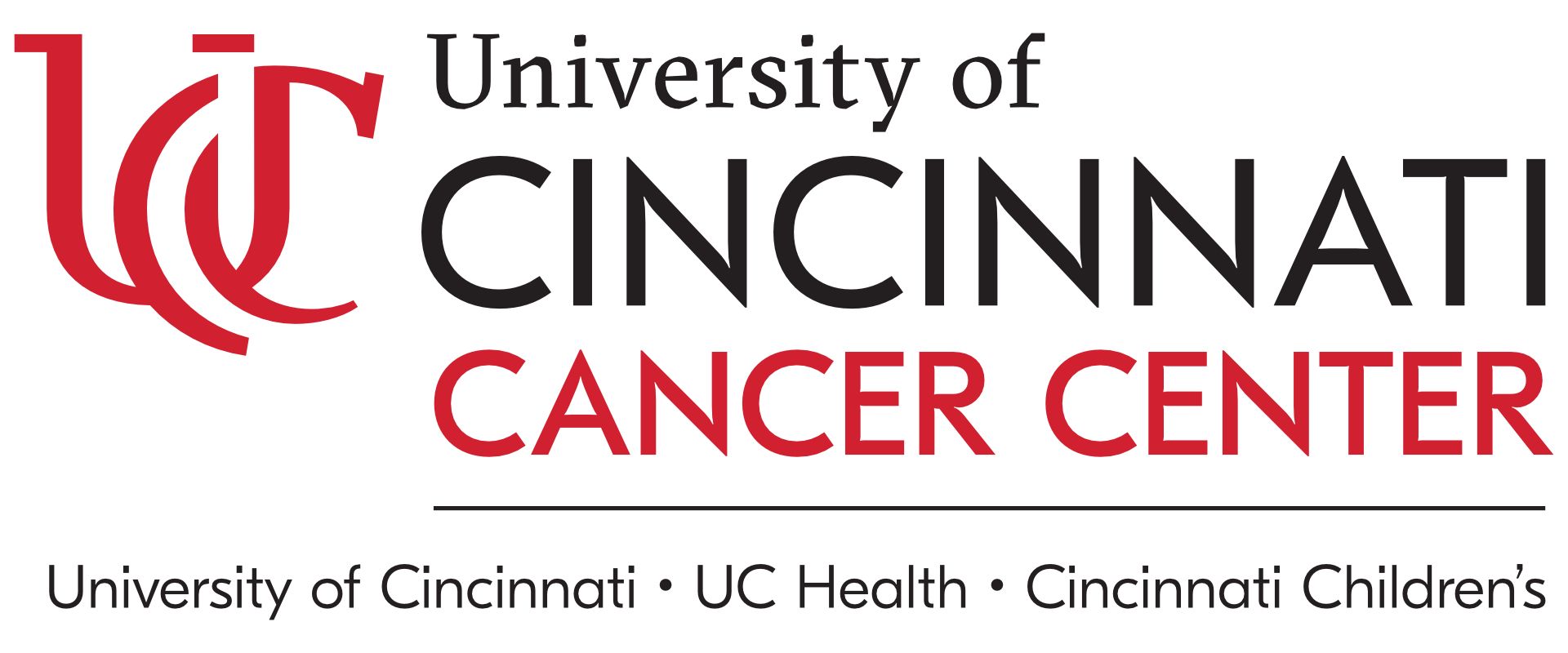
Women in Oncology: Self-Advocacy in a Busy Field

Melinda Butsch Kovacic, MPH, PhD; Elizabeth Shaughnessy, MD, PhD; Sandra L. Starnes, MD; and Susan E. Waltz, PhD, discuss the advice they would give to their younger selves and future female oncology professionals, knowing what they know now about the oncology field and their own career growth.
Melinda Butsch Kovacic, MPH, PhD; Elizabeth Shaughnessy, MD, PhD; Sandra L. Starnes, MD; and Susan E. Waltz, PhD, discuss the advice they would give to their younger selves and future female oncology professionals, knowing what they know now about the oncology field and their own career growth.
Kovacic is a professor and the associate dean of Research at the University of Cincinnati College of Medicine. Shaughnessy is an adjunct professor and the vice chair for Patient Experience at the University of Cincinnati Health. Starnes is a professor and the chief of the Division of Cardiothoracic Surgery, and the Dr. John B. Flege, Jr. Chair of surgery at the University of Cincinnati College of Medicine. Waltz is a professor of cancer biology at the University of Cincinnati College of Medicine.
In this episode, Kovacic, Shaughnessy, Starnes, and Waltz share how staying true to oneself and pursuing genuine passions and interests amid much direction from others can help new oncology professionals succeed in their own unique way, instead of only fulfilling the expectations of others. They advise young professionals against underestimating their abilities or comparing themselves to their colleagues, as everyone is on a unique career path. They remind their audience that the effort they give on the job makes them just as deserving of consideration for promotions and career advances as those they work alongside.
However, the 4 experts also express the drawbacks of overburdening oneself and note how easily young doctors can become overwhelmed by the various opportunities they agree to. To combat burnout, they note the importance of carefully choosing career opportunities and aiming for quality over quantity.
Additionally, they emphasize that advocating for oneself to receive access to necessary experiences is critical and that speaking up for oneself and other colleagues takes practice and confidence but becomes easier over time. Kovacic, Shaughnessy, Starnes, and Waltz conclude by acknowledging that the achievements of women in medicine help and inspire everyone in the field, especially professionals in other underrepresented groups.




































